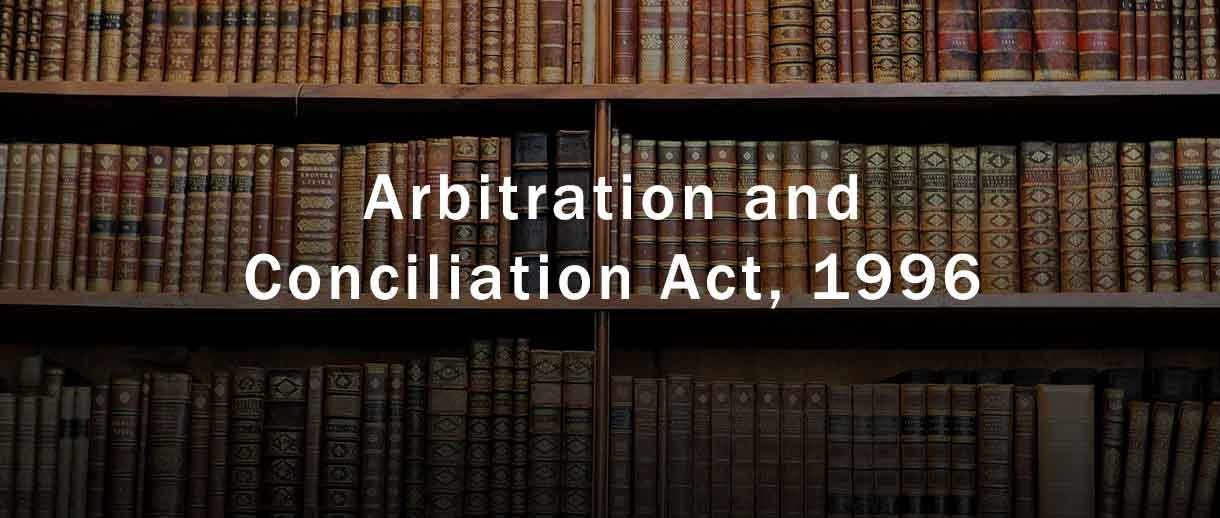The Allahabad High Court has issued a temporary ban on the broadcast of Al Jazeera’s documentary film ‘India…Who Lit the Fuse?’ until a final decision is made regarding a petition claiming that the film could disrupt peace among citizens.
In response to concerns that the film’s release could have negative repercussions, the Allahabad High Court has temporarily restrained Al Jazeera from televising, transmitting, or disseminating its documentary film ‘India…Who Lit the Fuse?’ The court made this decision after social activist Sudhir Kumar filed a lawsuit challenging the film’s broadcast, arguing that it has the potential to undermine national unity and sovereignty.
The bench of Justices Ashwani Kumar Mishra and Ashutosh Srivastava acknowledged the seriousness of the petitioner’s claims, deeming them neither frivolous nor unfounded. After examining the issues raised, the court concluded that Al Jazeera would not suffer irreparable harm if the film’s broadcast was delayed.
Due to the potential negative consequences associated with the film’s broadcast, the court decided to postpone its release until the issues raised in the petition have been thoroughly addressed. Consequently, a provisional ban on the film’s broadcast has been imposed until the petition is resolved.
Furthermore, the court instructed the central government to take necessary legal measures to prevent the film’s telecast or broadcast unless its content has been reviewed and authorized by competent authorities.
The court emphasized the petitioner’s allegations that the film is based on distorted facts aimed at disrupting social harmony in India, the world’s largest democracy. The petitioner expressed concern that the film portrays the Muslim minority living in fear and seeks to generate a false sense of public hostility. Additionally, the film allegedly portrays Indian political officials in a negative light, suggesting they act against the interests of minorities and intentionally divide religious communities.
It was also brought to the court’s attention that Al Jazeera planned to release the film without obtaining the required exhibition certificate from the appropriate statutory authority in India. The petitioner argued that such disregard for constitutional and statutory safeguards could pose a threat to public order, sovereignty, and unity.
While the court acknowledged the fundamental right to freedom of speech and expression protected by the Indian Constitution, it noted that reasonable restrictions are outlined in Article 19(2). The court referred to relevant laws such as the Cinematograph Act, 1952, the Cable Television Networks (Regulation) Act, 1995, and the Information Technology Act, 2000, along with associated rules and guidelines, to assess the potential violation of the statutory framework.
Considering the gravity of the allegations, the court decided to prohibit the film’s release until a final resolution is reached. The next hearing is scheduled for July 6.



